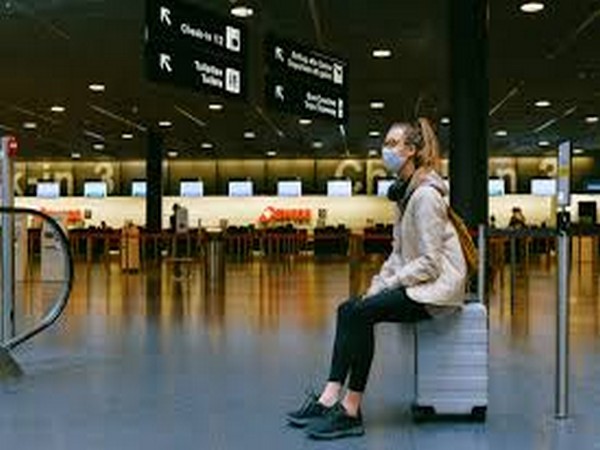Singapore allows subsidies to travelling citizens, permanent residents, long-term pass holders
This is in line with the move to progressively reopen the country's borders, the Ministry of Health said on Tuesday. It previously said that those who leave Singapore from March 27 would be responsible for their own bills and cannot access government subsidies or insurance coverage if they get COVID-19 symptoms within the 14 days of their return.

- Country:
- Singapore
Singapore citizens, permanent residents and long-term pass holders, who travelled out of the country on or after March 27, will now be able to access government subsidies and insurance coverage for treatment if they are found to be COVID-19 positive after their return. This is in line with the move to progressively reopen the country's borders, the Ministry of Health said on Tuesday.
It previously said that those who leave Singapore from March 27 would be responsible for their own bills and cannot access government subsidies or insurance coverage if they get COVID-19 symptoms within the 14 days of their return. Exceptions are made for those who travel on permitted travel arrangements such as reciprocal green lanes, and for students who travel overseas for full-time studies, reported The Straits Times, citing the ministry’s statement.
"Unlike larger countries which can keep their borders closed, our livelihoods and economic survival depend heavily on Singapore being open to the world and being a key international and travel hub. "It is therefore not possible for Singapore to keep our borders closed indefinitely. We will have to gradually allow more travel to resume in a safe manner,” the ministry said.
While travellers from some countries, such as China and New Zealand, can now enter Singapore without spending two weeks in isolation under the special arrangements, those who are from countries deemed to have higher risks of COVID-19 infection will still have to serve 14 days in quarantine. The ministry said it will look into more frequent testing and other safeguards to enable more travellers to enter without having to be quarantined.
Education Minister Lawrence Wong, who co-chairs the task force fighting the COVID-19 outbreak, said: "We have been looking at ways in which we can allow for people to come in without having to serve this 14-day self-isolation period. "But in return, to ensure that they are safe, we deploy more frequent testing. So, an example of such a use case may be a PCR (polymerase chain reaction) test when you arrive, and later on, the more frequent testing may be done through an antigen test." Meanwhile, Singapore may enter the phase three of its reopening from circuit breaker by the end of this year, should community cases remain low as the country intensifies testing and contact tracing, said the multi-ministry task force.
As part of phase three, the size of gatherings outside homes could be increased from five to eight people. Similarly, eight visitors could be permitted on home visits, allowing larger families to congregate. In addition, capacity limits in venues such as museums, places of worship and wedding receptions may be increased, with multiple zones of 50 people permitted.
But to enter the phase three, Singapore will have to keep its guard up and meet several key conditions, stressed Wong as he laid out the country's roadmap to the final phase of its reopening amid the coronavirus pandemic. First, Singaporeans will still have to stick to safe management measures, including small group sizes, safe distancing and exercising social responsibility.
Next, testing will be carried out on a larger scale to allow more activities to resume. For starters, a pilot scheme will see people tested for COVID-19 before they are allowed to attend events. Rapid tests with lower accuracy will be used for these events, meaning that safe-management measures are still needed and false positives could result.
"Phase three is not a declaration of victory, and all of us should go around celebrating and forget about the measures. It's a milestone, that we are saying we have now put in place reasonable measures and safeguards, and we should continue to retain these safeguards," said Health Minister Gan Kim Yong. The city-state will also remain in Disease Outbreak Response System Condition (DORSCON) Orange “for the time being”, the highest alert.
Singapore entered the Phase 2 of easing measures on June 19, with more businesses allowed to reopen subject to safe management measures. The Singapore Tourism Board said on Monday that groups of up to 20 will be allowed to take part in walking, cycling and kayaking tours from November, up from the current maximum size of 10.
Travel agencies and tour operators are being allowed to resume on-site operations from October 19, subject to safe management measures..
(This story has not been edited by Devdiscourse staff and is auto-generated from a syndicated feed.)
- READ MORE ON:
- Singaporeans
- Wong
- Gan Kim
- Lawrence Wong










